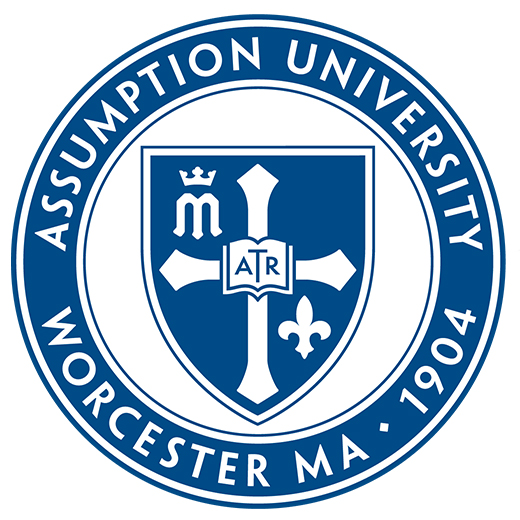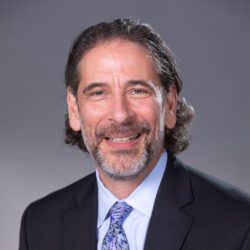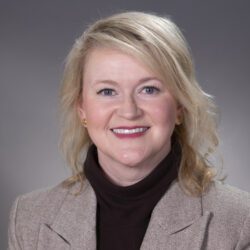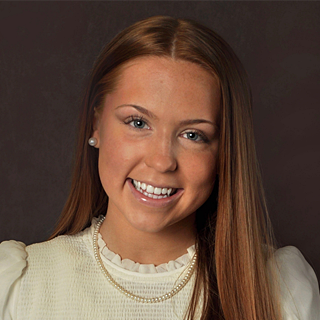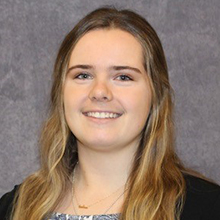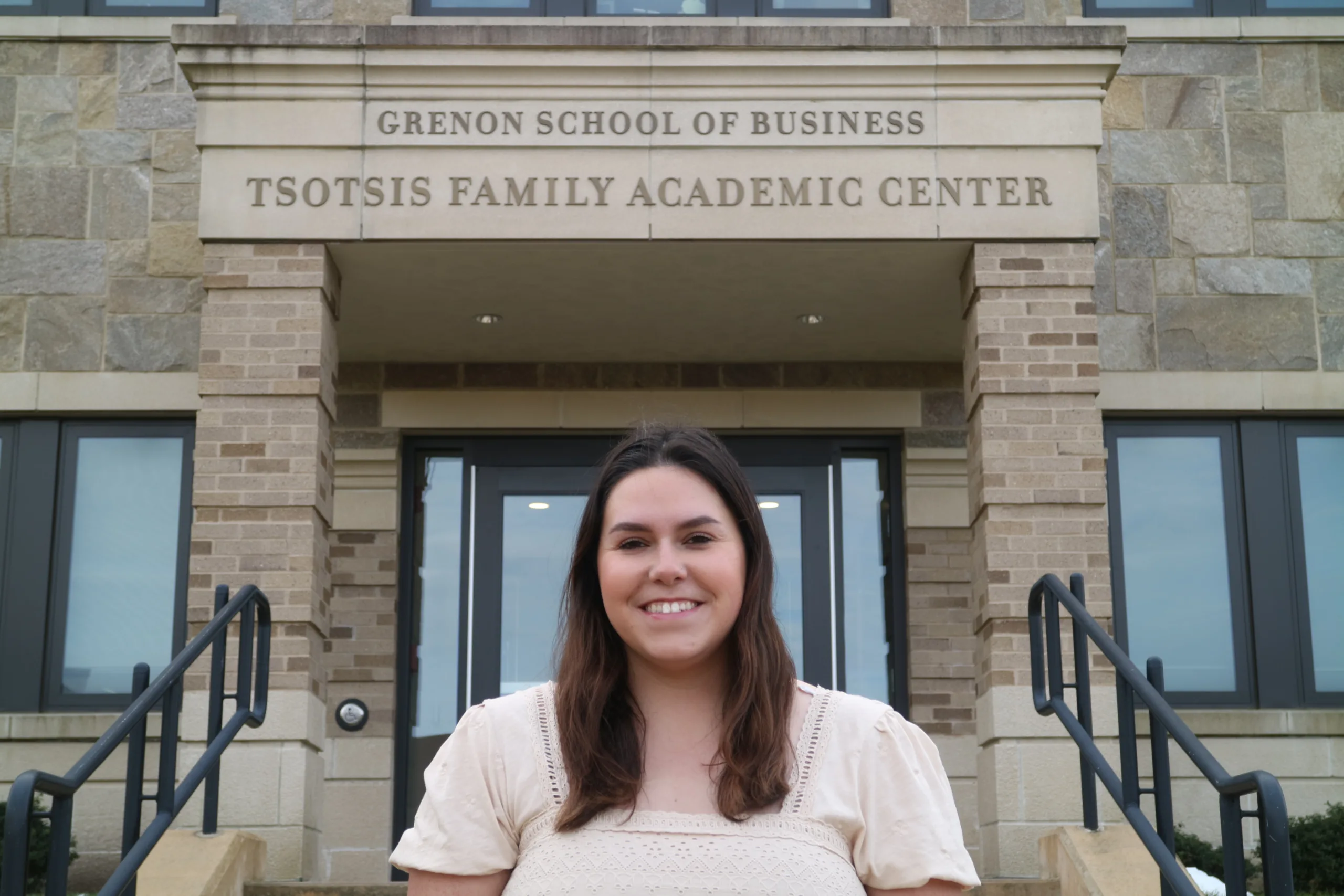What is Accounting?
An economy’s ability to serve society’s needs depends upon the information flow between those seeking financial resources (organizations) and those who have resources to provide (investors, banks). Assumption recognizes the special role of accountants in this process and seeks to form graduates who possess superior skills in data analysis, information management, and financial decision-making as well as the professional and moral qualities that predicate ethical business practices. Acquire the skills necessary to become an accountant by earning your accounting degree. With these skills, you can get ready to sit for the Certified Public Accountant (CPA) and Certified Management Accountant (CMA) exams. Your studies will be complemented by coursework in the liberal arts and such topics as business law, management, and marketing.
Why Study Accounting at Assumption?
Assumption’s accounting curriculum draws from a breadth of business coursework and our strong liberal arts foundation. Students learn critical and ethical thinking, communication, and decision-making skills in addition to the foundations of the knowledge and technology necessary to build a rewarding career in accounting. Our program will prepare you for a career in a variety of settings including public accounting firms, corporate settings, or nonprofit institutions. Assumption’s Accounting major is one of only a few in New England certified by the Institute of Management Accountants (IMA).
With these skills, you can get ready to sit for the Certified Public Accountant (CPA) and Certified Management Accountant (CMA) exams. At Assumption, you can earn a Master’s degree in accounting in just one additional year after graduating with a Bachelor’s degree. Students can apply for acceptance into Assumption’s Accelerated MBA program during the spring of their junior year.
Smriti Rao, Ph.D
Faculty
Experiential Learning
Learn more about experiential learning opportunities at Assumption
Contact the CDICLearn the Skills Employers Seek
Faculty/Student Research
The Assumption curriculum encourages scholarly and real-world experience. With hands-on research conducted alongside faculty mentors, students gain a depth of knowledge and skills that lead to professional success and personal fulfillment.Internships
Assumption starts planning for your future the day you arrive on campus. “Internship in Business” is a 3-credit seminar course in the Grenon School of Business that is available to juniors or seniors. The course provides hands-on experience and training, networking with professionals, and assessment of your personal career strengths and interests. You’ll spend a minimum of 120 hours working in the field. During the faculty-led weekly seminar, students discuss how organizational behavior and management concepts apply to their individual placements.CAREER PATHS
Employers that have hired Assumption University graduates
Bain Capital
Deloitte
Dell
Marcum O'Connor & Drew
TJX Companies
Hanover Insurance Group
First-rate Academics in a Catholic University Setting
Assumption University awakens in students a sense of wonder, discovery, and purpose, forming graduates known for their intellectual seriousness, thoughtful citizenship, and devotion to the common good. Students are provided an education that shapes their souls, forms them intellectually, and prepares them for meaningful careers. Enlivened by the harmony of faith and reason, here, students’ minds and hearts are transformed.
Assumption is dedicated to providing a clear understanding of what your education will cost
Career Opportunities
Students are qualified for career opportunities in:
- Staff and independent auditing
- Internal auditing (corporate employees)
- Government auditing
- Corporate accounting
- Government and non-profit accounting
- Forensic accounting including white-collar crime
- Banking
- Tax accounting




